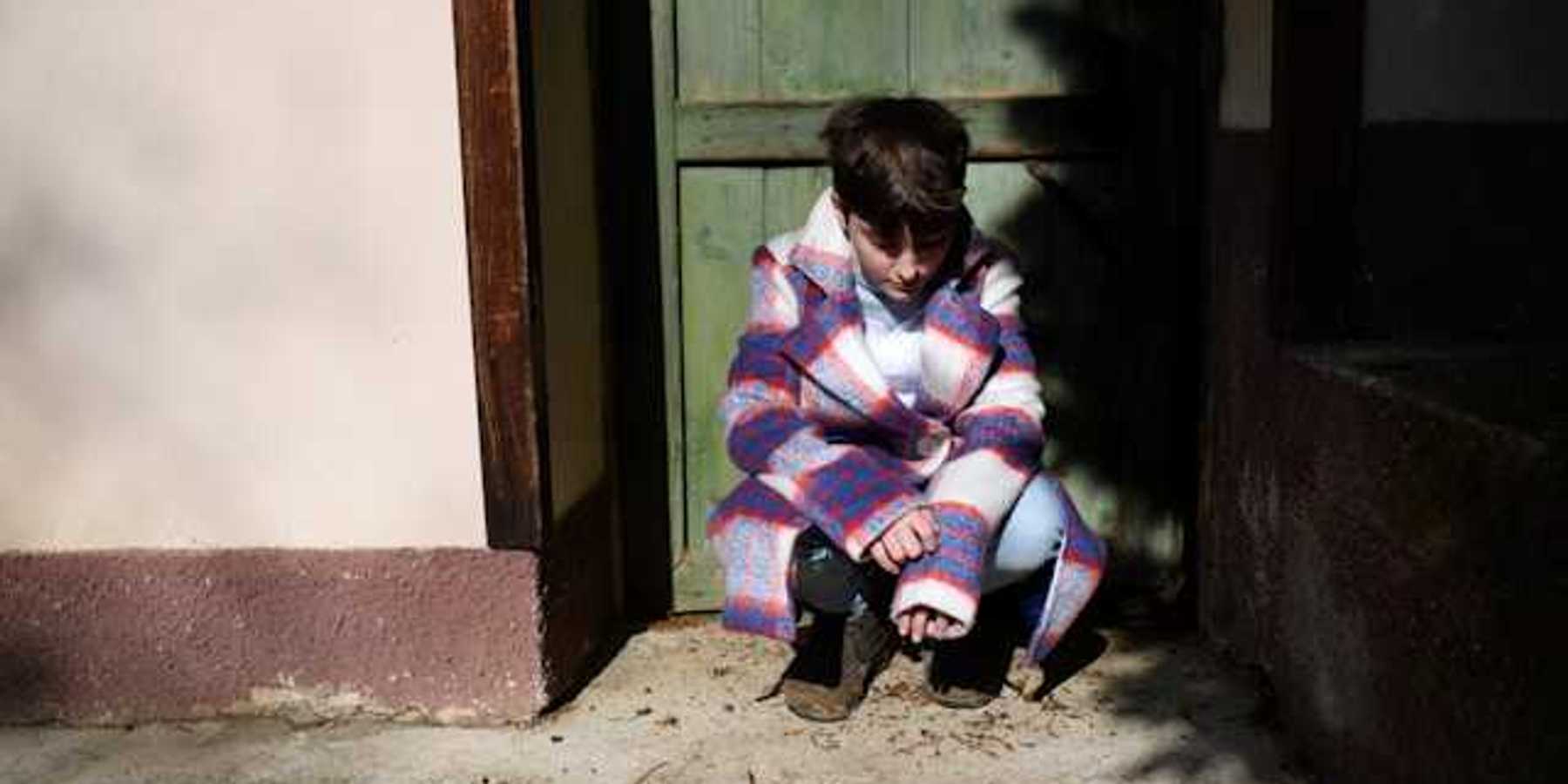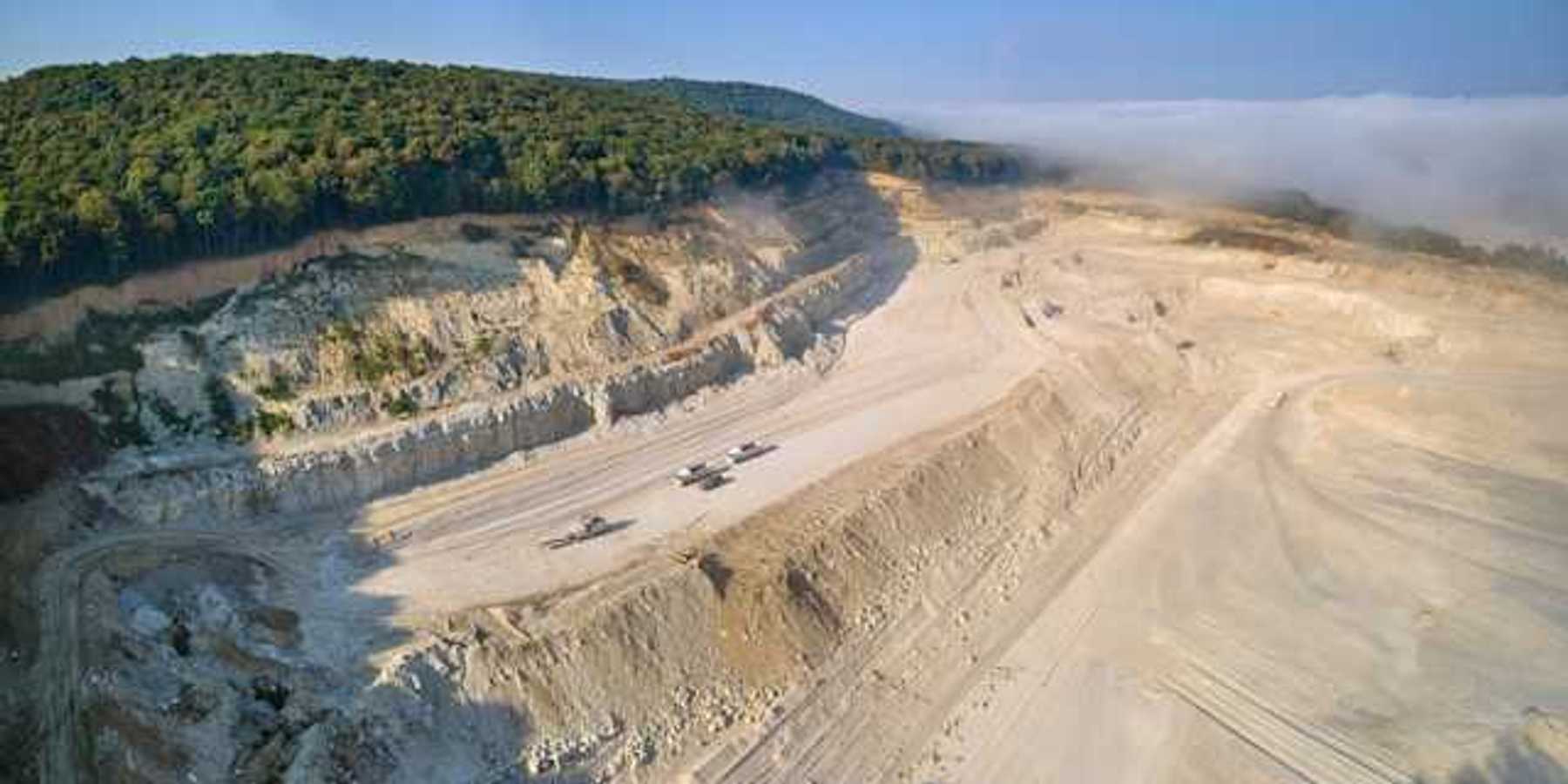Bird flu's leap across species raises alarms about future pandemics
The H5N1 bird flu virus, now infecting dozens of mammal species and killing humans, signals an urgent need to address cross-species pandemics fueled by biodiversity loss and industrial farming.
Phoebe Weston reports for The Guardian.
In short:
- H5N1, labeled a “panzootic,” has spread to over 48 mammal species, killing wildlife like sea lions and elephant seal pups, and recently claimed its first U.S. human fatality.
- Shrinking habitats, intensified farming and climate change create conditions for infectious diseases to jump species, raising fears of future pandemics.
- Experts warn biodiversity loss and land-use changes are the biggest drivers of emerging diseases, with three-quarters of new diseases transmissible between animals and humans.
Key quote:
“It is really hard for infectious diseases to effectively stop being specialists and move over into a new species. So when that happens, it is striking and concerning.”
— Ed Hutchinson, MRC-University of Glasgow Centre for Virus Research
Why this matters:
The science is clear: Three-quarters of emerging diseases jump between animals and humans. Preserving habitats, rethinking agriculture and addressing climate change could all lower the risk. But without those changes, we’re flirting with disaster on a global scale.
Read more: Cutting forests and disturbing natural habitats increases our risk of wildlife diseases.













